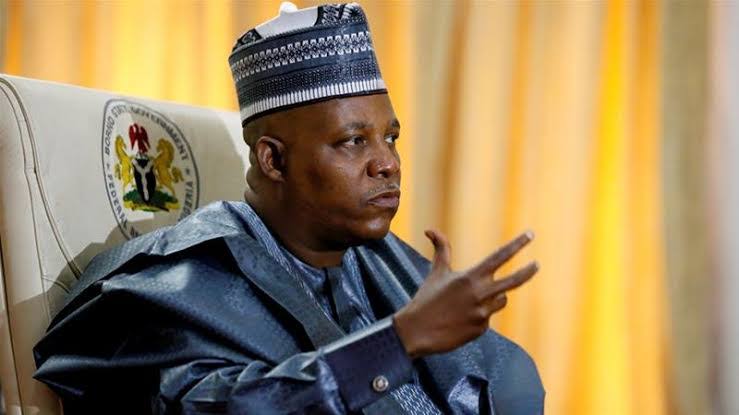UNDP proposes strategies to bridge Ghana's development financing gaps - MyJoyOnline
The United Nations Development Programme (UNDP) has outlined some key strategies for Ghana to boost domestic revenue mobilisation to address development financing gaps.
The UNDP said meeting the Sustainable Development Goals (SDGs) by 2030 would require aggressive domestic revenue mobilisation by blocking leakages in the taxation system, investing in value-addition, and cutting borrowing rate.
Speaking at the SDGs Financing for Development Dialogue convened by the UNDP in Accra on Tuesday, Mr Niloy Banerjee, Resident Representative, UNDP Ghana, said Ghana’s financing landscape remained a challenge in the wake of the economic challenges confronting the country.
With Ghana facing significant SDG financing gap, he emphasised the need for the country to “reshape new action and narrative” to be able to meet development priorities.
The Dialogue, on the theme: “Advancing Ghana’s Financial Sustainability with Integrated National Financing Frameworks (INFF)”, aimed at strengthening Ghana’s financial architecture to achieve the SDGs.
Mr Banerjee expressed concern about Ghana’s revenue structure being in Cedis whiles debt repayments were done in Unted States dollars and described the practice as “unacceptable.”
On the issue of revenue leakages, he said tax avoidance should be a matter of concern as many people particularly those in the informal sector were not captured in the tax net.
“We need to invest in value-addition. Otherwise, we are running on a treadmill and not moving forward,” Mr Banerjee added.
Estimates by the National Development Planning Commission indicate that Ghana faced an annual SDG financing gap of $43m, with the COVID-19 pandemic disrupting the implementation process.
Mr Thomas Ampem Nyarko, the Deputy Minister of Finance, acknowledged that tax leakages in the system were a major revenue challenge as the country only collected 39 per cent of its tax potential.
He said the Ministry of Finance was working with the Ghana Revenue Authority to seal the tax leakages and expand the tax net to rake in more domestic revenue to finance development-related programmes.
Mr Nyarko expressed delight about Fitch upgrading Ghana’s credit rating to ‘B-’, emphasising that the development indicated that the economy was on the path of recovery.
“All hope is not lost. We are getting back on track to put the economy on the path of development,” he said.
The Minister said economic vulnerabilities had tested the resilience of Ghana’s economy, adding that “we are fully aware that the pace of work must accelerate to achieve the SDGs.”
The UNDP’s Development Finance Assessment (DFA) is a tool designed to help Governments to enhance their policies and measures for mobilising various forms of finance.
The tool aims to enhance the coordination between sustainable development plans and funding strategies thereby increasing the effectiveness of financing sources.
It also manages both financial and non-financial risks and facilitates technical and financial collaborations.
The Views, Comments, Opinions, Contributions and Statements made by Readers and Contributors on this platform do not necessarily represent the views or policy of Multimedia Group Limited.
The Views, Comments, Opinions, Contributions and Statements made by Readers and Contributors on this platform do not necessarily represent the views or policy of Multimedia Group Limited.










